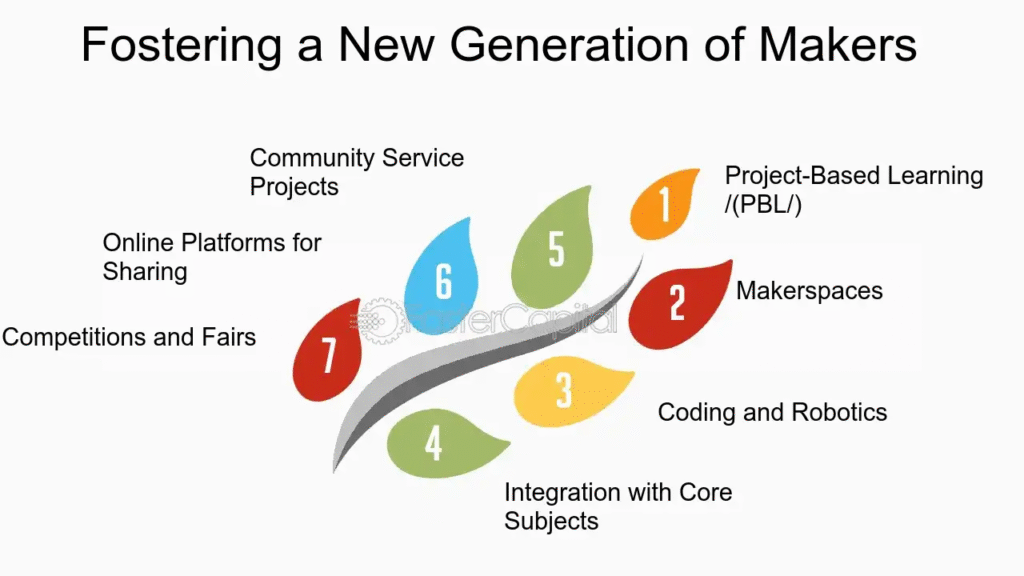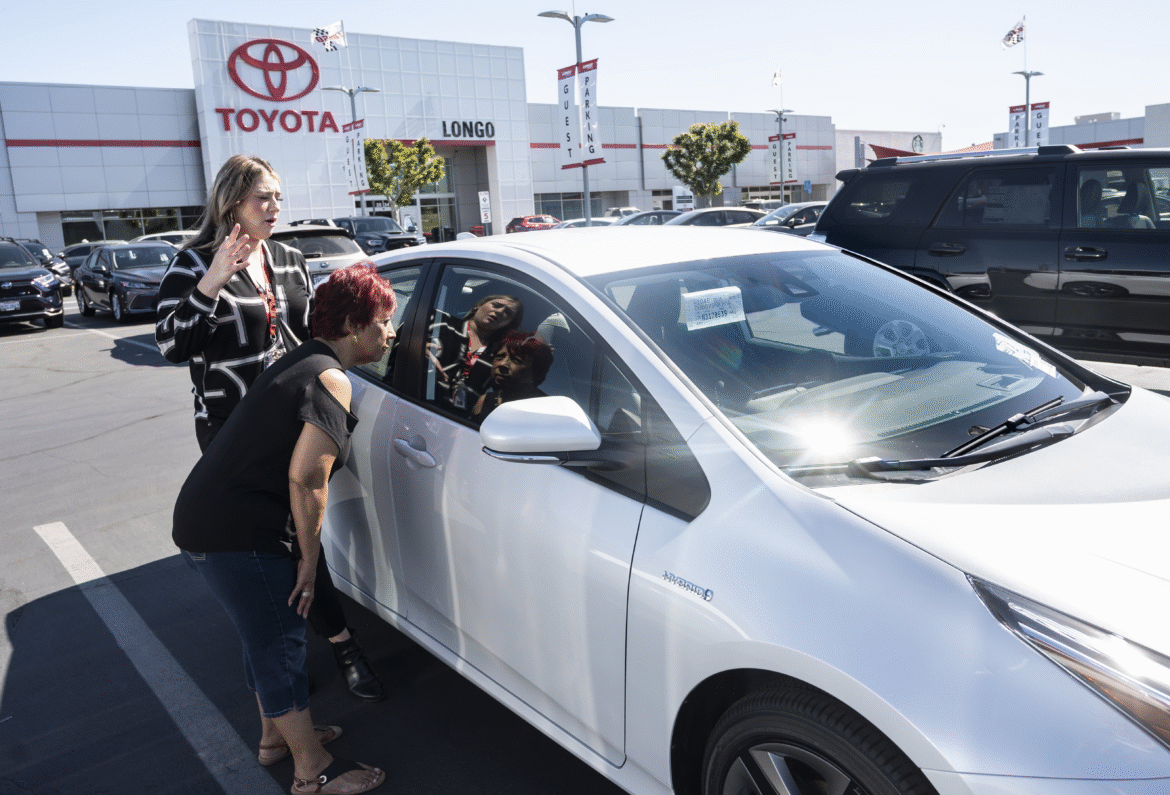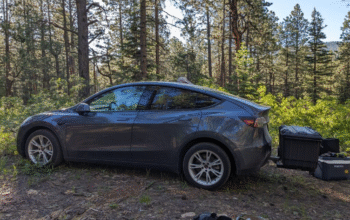There was a time when buying a cheap car had a cloud of scial stigma surrounding it. People simply thought you couldn’t afford anything better, or worse, that you did not care what you drove. However, as we get into 2025, that mentality is losing its grip. In cities, suburbs, and rural towns like mine, we are witnessing something interesting happening on roads everywhere: practical car ownership is becoming something to be proud of.
Drivers are no longer forced to buy cheap vehicles, but rther are choosing to buy cheap vehicles. They are doing the right maths, considering long-term thinking and value rather than worrying about impressing their neighbours. Reliability, fuel efficiency, and especially financial freedom take precedence over prestige, and that is changing the mentality of car ownership.
So, what is causing this shift? Let’s take a closer look behind the changing mentality of budget car ownership, and why it is safe to say more people are focused on practicality rather than prestige.
Rising Costs Are Changing Buyer Priorities
To begin with, let’s face a simple reality: cars are more costly than ever. In places around the world, the average price of a new vehicle in 2025 has shot upwards of $40,000. Now couple that further with taxes, registration, insurance, and interest costs if you choose to finance, and the total cost of ownership is astronomical. For plenty of working families, students or individual drivers, that doesn’t add up.
As such, more and more individuals and families are fiding their way back to budget friendly options, used cars, smaller sizes (compact cars), and they are looking more closely at fuel efficient hatchbacks. What was a compromise in the past, is now seen as a reasonable strategy. You can own a reliable car between $7,000.00 and $12,000.00, and still be able to go where you need to go without ruining your finance and budget.
These practical participants are beginning to change the landscape from the user’s perspective. Automakers are introducing back to basics mdels. Car dealerships are selling certified pre-owned vehicles more aggressively. Online search platforms for budget friendly vehicles are burgeoning. For most of these new participants – it is not just about affordability – rather it is about value and control.
Practical Owners Are Avoiding Debt

One of the biggest drivers of cheap car buying is the desire to avoid debt. With personal debt climbing higher and interest rates rising, many consumers are reconsidering the wisdom of locking themselves into a five- or six-year auto loan.
Practical car owners are saying “No!” to being pressured to borrow thousands of dollars to buy something that loses value every year. They are instead paying cash, and owning the vehicle outright. Imagine driving a vehicle you actually own – that has no monthly payments, no interest, and you don’t run the risk of being upside down on a loan should things go awry!
That is a huge money saver, but especially a peace of mind creator. When your car is paid for, you are not dependent on great credit, nor do you have concerns about losing your ride in tough times. That feeling of freedom is becoming more valuable than leather seats or a fancy badge!
Reliability Has Replaced Flash as the New Status Symbol

It is widely acknowledged that flashiness can garner attention, but reliability has billions in respect. Brands such as Toyota, Honda, Mazda, Hyundai and Kia have proven that a $10k or $20k vehicle is sufficient for dependable driving experiences. A 10-year-old Corolla or Civic can still fulfil you on performance, safety, and fuel economy with minimal maintenance.
Today’s practical owner should have pride in their choice to drive a reliable vehicle that works, and continues to work—the vehicle isn’t getting service every few months. They don’t need excessive fuel fill ups. The tech in the vehicle doesn’t have escalating functionality, which ends up being a slight nuisance after the first two or three years of ownership.
There is pride in knowing the owner made a sensible decision, in owning and operating a vehicle that does its job every day like clockwork. Owner choice options span from compact hatchbacks to base-model sedans—to slightly older SUV choices. Reliability is the new badge of honour for the budget-conscious vehicle owner.
DIY Culture and Community Knowledge Are on the Rise

Another significant contributor to the practical car ownership trend is the revival of DIY maintenance and car-savvy communities. Today, it is easier than ever to learn preventative maintenance with YouTube, Reddit forums, and TikTok mechanics.
The number of budget automotive owners who are changing their own oil, swapping brake pads, or troubleshooting check-engine lights with hand tools and a $30 code reader continues to grow. This type of experience offers car owners a sense of empowerment and savings while building skills and confidence.
This increased knowledge leads to more confident buying decisions as well. Practical car buyers will research models in-depth prior to purchase. For example, they want to investigate common problems, parts availability, or longevity. They are not just buying cars because they are trendy; they are buying what makes the most sense.
Image Is No Longer Everything

There was a time when the car you drove defined you and your social status. Luxury badges, large SUVs, and high-end sedans screamed success; however, in 2025, many drivers—especially those of the younger generations—do not look at vehicles as status symbols anymore.
In fact, driving something pricey to solely show off who you are and what you have is becoming increasingly out of fashion. The practical drivers of today make choices based on their way of life and what they value—not based on social hierarchy. Practical drivers are a force of nature, and they should be proud of that. They like being financially responsible. They are interested in the idea of getting more for less. And they like knowing they are not spending money on things they do not need or want.
The mindset of the practical driver is much stronger today among anglers of Gen Z and millennial generations, and they are becoming increasingly aware of experience over appearance. For these consumers, their car is a tool to get them to work, to explore nature, or to fuel their side hustle; it is not something they build their identity around.
Fuel Efficiency and Eco-Consciousness Matter

It’s not just about the money. Practical car buyers often have an eye on the environment too. Smaller, affordable cars are generally more fuel efficient and use less material to build and maintain. Driving a compact used vehicle can be a smaller carbon footprint than buying a brand new electric SUV.
EVs are continuing to grow in popularity, but many are still priced out of reach of budget buyers. Until used electric vehicles are affordable, and charging infrastructure is widely available, practical buyers will continue to operate their efficient gas engines to get the job done with as little negative consequence as possible.
The Shift Isn’t Just Economic—It’s Cultural

This is not merely an immediate response to inflation or high prices of cars. This is a change in our culture – a shift toward minimalism, sustainability, and long-term thinking. Practical car owners are asking better questions. Do I need this car or do I just want it? Will this car help build wealth or put me in debt? Is it worth paying more just to be able to impress others?
These are the questions that will (re)define what it means to be a smart car owner in 2025. People are no longer interested in purchasing products based on fads and trends and are more focused on what works. And that in itself, is empowerment.
Conclusion: Smart Is the New Cool
The rise of the practical car owner is not a fad, it is a quiet revolution. More and more drivers are waking up to the knowledge that they do not need to spend a fortune to drive a good car. They’re making affordable, dependable choices based on their lifestyle, not their ego, and they’re leaving dealerships with peace of mind instead of with a massive chunk of debt.
Buying cheap does not equal settling; it means being strategic, informed, and empowered. And, in a world that usually lauds bankruptcy, there is something refreshing about that.
So here’s to the drivers who embrace simplicity. Who understand what a dollar means. And, to everyone who chooses practicality over pretense, you are not just saving money—you are defining your success on your terms!




